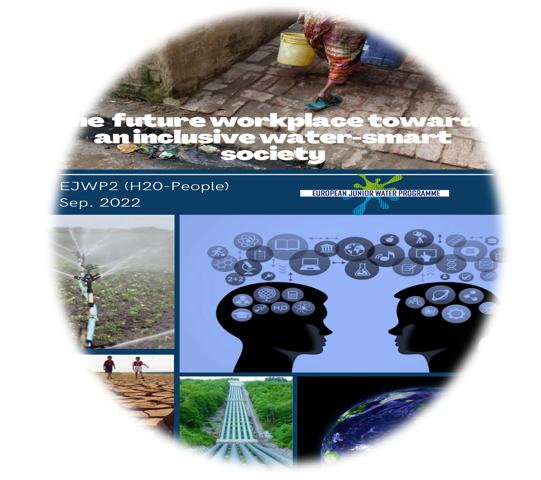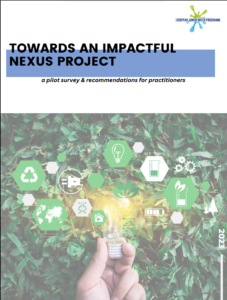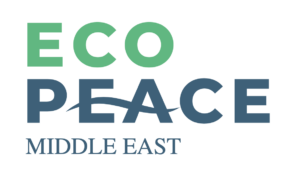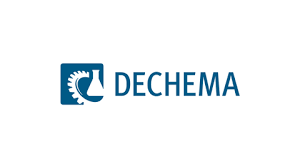Client: H2O-People B.V.
Period of project: June – Sept 2022
Participants: EJWP2: Merel Mostert, Andres Lucht, Borko Radivojevic, Manon Berge, Benjamin Hermans
Introduction and problem statement
The European water sector has witnessed several trends that led to shifts in the workplace and labour dynamics. They require corresponding transitions on different levels of the horizontal and vertical organizational structure of the water community.
This new environment is bringing new complexities, mainly in labour participation, automation, business locations, and upskilling of the current workforce. It is also presenting huge opportunities to reshape the water community through innovative solutions and a comprehensive approach.
Thus, the water sector, in specific decision-makers, needs a roadmap to find effective strategies and programs to delineate future career paths, smooth these transitions, and solve the challenge of mismatches.
Young water professionals represent a key force in setting the agenda of future transitions. Now is the crucial moment to build an intergenerational environment where we can integrate the past, present, and future to establish a dynamic joint vision of the future workplace.
The scope of this project is to address and highlight occupational challenges, trends, and shifts in the water sector; and also to recognize the gaps and needs. This is created by forging an intergenerational fusion that is led by young water professionals. H2O-People is highly interested in developing such a perspective due to being a leader of WG Human Capital at Water Europe, a partner in Nexus-Net and contributor to many associated avenues. H2O-People advocates in their own capacity for the required transitions in this domain.
Assignment and constraints
The assignment is to present a roadmap that follows up on the New Waves Festival of June 16 2022: The Future Workplace of European Water. During this co-creative event we identified major issues and opportunities to the vision of the Future Workplace.
Approach
Building a water smart society in the next decades requires a forward looking and integrated approach. A question that arises is related to the circumstances that we will have to face and how will we process them. To capture this and get a perspective, a trend analysis is helpful. For this report, we did an analysis on literature, the internet, results from different working groups (WG), including a workshop initiated by the WG human capital from Water Europe and interviews with stakeholders. To gain a holistic perspective and focus, we choose to consider trends on three different criteria associated with technical, social and environmental aspects. At first, as a technical trend affecting every aspect of our life, we considered digitalization. It is and will strongly influence our workplace and the working environment. We chose the generational trait, or demographical change, we will be facing in the next decades for the social trend as it will drive the population in Europe. Finally, as a sector connecting and ecological trend, we chose the nexus concept which interconnects the sectors and assesses consequences of decisions. After identifying the stakeholders and contacted them, three people/companies agreed to be interviewed. In the following, there are the profiles of these interviewees:
- Managing Director and CSO of an actuator manufacturer in Germany with over 2600 employees worldwide. He has over 30 years of experience.
- A digital architect and digital nomad living in Germany and born with over 16 years of working experience. He has worked for various companies and currently is providing Digitalization Consulting for various clients through a global consulting company.
- A member of a German union and responsible for the water and wastewater sector and for digitalization.
- Director of H2O-People and WG leader Human Capital in Water Europe
To create a roadmap, envisioning aspects affecting the development of a water-smart society and their work environment, a gap analysis was conducted. With this, a roadmap for human capital in the water sector till 2050 could be rendered.
Resources
To check out the results and the roadmap, please click here.






